July 2021 is the deadline by which EU member states must implement the ban on the use of some disposable plastic products. Replacing disposable cutlery, coffee stirrers, straws and food storage containers with ones made of another material will create inconvenience for producers, traders and suppliers of goods. However, consumers are rather positive about such a measure.
"The ban on single-use plastic should have started a long time ago," says political scientist Yavor Kirilov. “It is hardly necessary for everyone to mix their coffee with a plastic stirrer, thus polluting the environment and water. It will not affect me in any way, as I use reusable bags and containers”.
The suppliers of food and accessories will be severely affected by the adopted directive. In the face of the ongoing Covid-19 pandemic, this type of service will continue to be sought after, even at higher prices.
"Suppliers of food and other things I consume will have to change the way they package their products. I will probably have to pay a little more, but if we can contribute to saving the environment with this, I agree to it,"says journalist Tsvetana Balabanova.
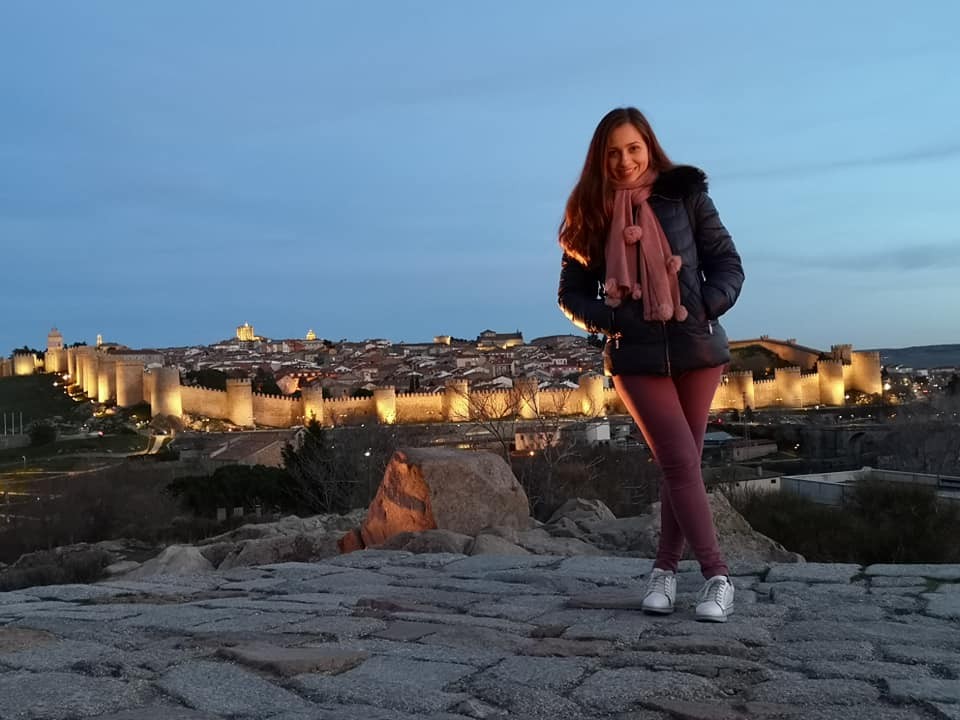
A number of environmentalists, including Danita Zarichinova of the For the Earth Association, are adamant that solving the problem of pollution in countries like Bulgaria will take longer time.
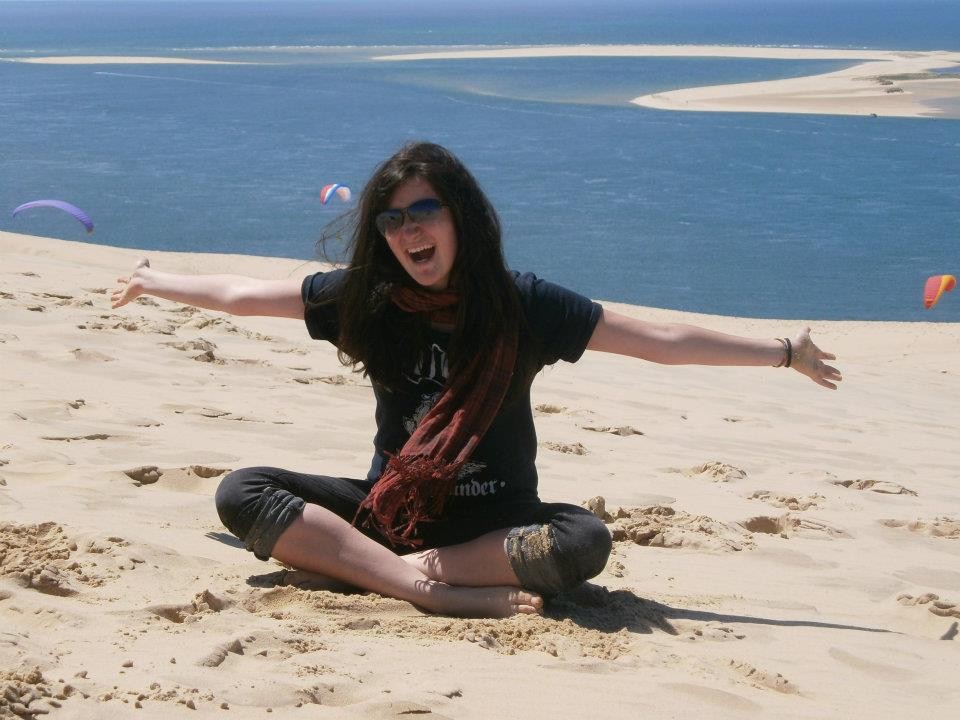
"We do not see much activity on the part of the institutions. Discussions with civil society organizations have not yet begun. As far as we know, there are those with part of the business, but others still do not have enough information. It is possible that at some point they will be confronted with a fait accompli by being given conditions that they cannot fulfill. In addition, each country must decide on certain products that will not be affected but may be banned”.
Heavy rains earlier this year created a huge floating dump in the Iskar River. The result after the cleaning - 560 tonnes of waste and 160 cubic metres of wood.

This was followed by a call by the For the Earth Association to introduce a deposit system for the return of used plastic bottles.Despite the recommendations for its implementation, Bulgaria is still not ready for such a step.
Lazar Radkov and his campaign from 2017 strive to make us more environmentally responsible by disposing of our waste separately. "The role of the state in dealing with this problem should not be neglected," he says.
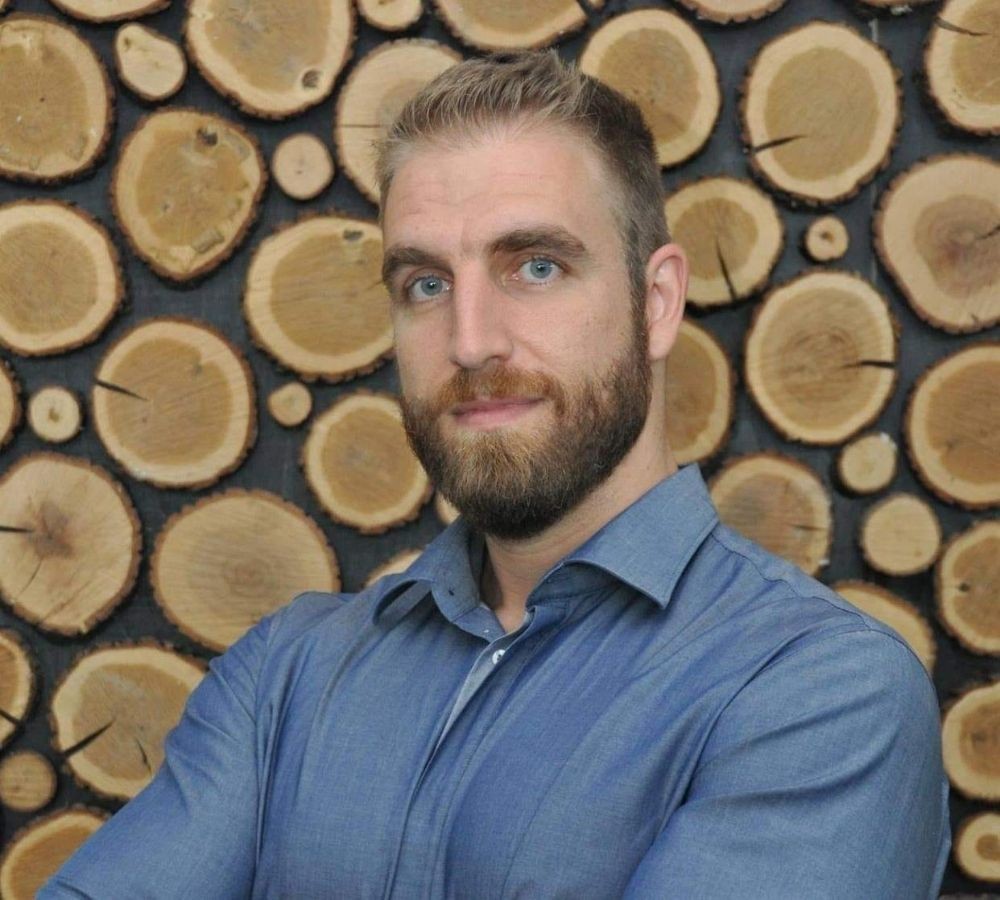
When you ban something, you need to provide an alternative that is as expensive as possible. Real green policies can be implemented adequately when the country is visibly moving forward."
How the transition to alternative products will take place is still unknown. This should not affect the personal contribution of each person who wants to live more environmentally friendly. That is why the 19-year-old student in Great Britain Ivaylo Iliev is working on a mobile application that will help us understand more about the composition of waste from our households.
"The application itself makes it easier for people to collect their garbage separately," Ivaylo explains.
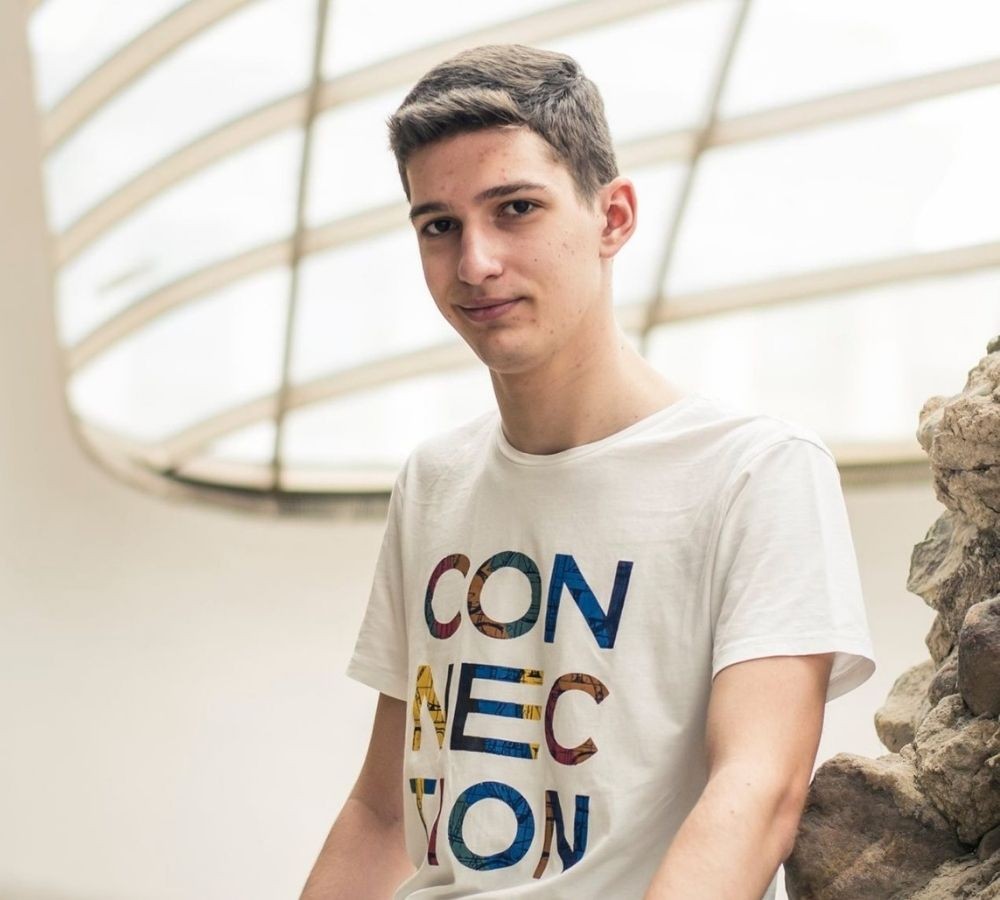
This will facilitate the submission of signals for the need for new containers to companies engaged in separate waste collection.

According to an assessment made by the United Nations Environment Program, the damage from plastic pollution of the oceans reaches $ 13 billion a year. Its influence on the marine flora and fauna is also the subject of research in Bulgaria, within the projects of the Institute of Oceanology at the Bulgarian Academy of Sciences.
"The institute performs annual monitoring of waste deposited on the seabed, surface and beaches," explains scientist Radoslava Bekova.
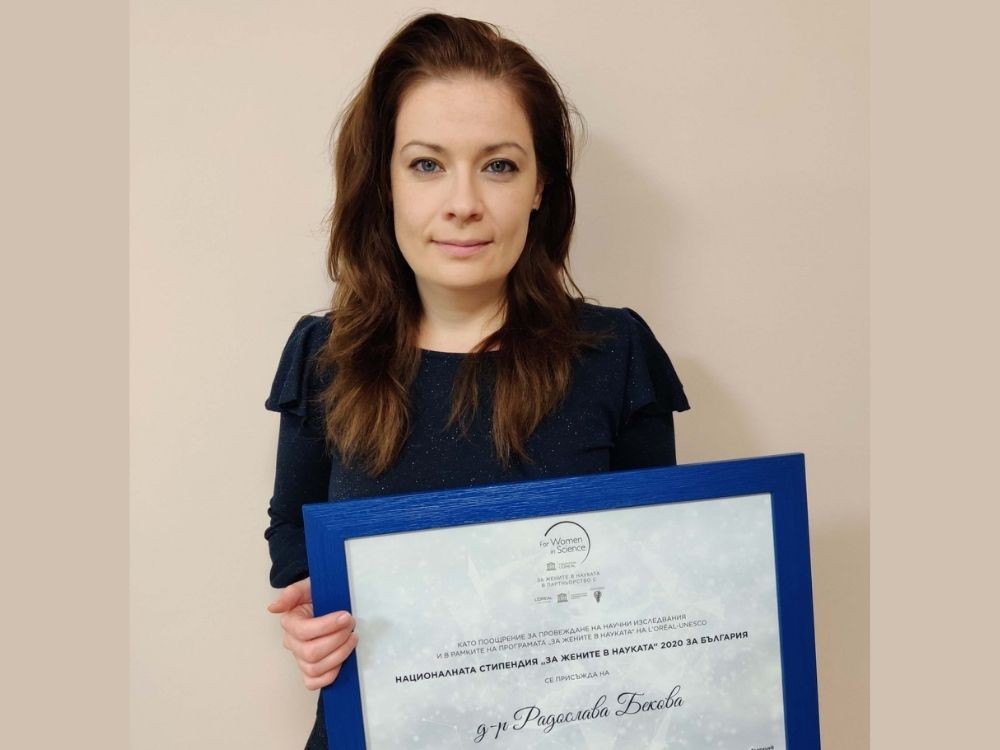
“With the pilot studies from 2017-18 we proved that the main part of the pollution is the result of the tourist flow. Under the influence of water and the sun, plastic particles in the marine environment break down to microscopic proportions and become part of the food of many species of fish and seabed organisms”.
Decisions on how to change our lifestyle and consciously increase our contribution to the environment are the personal choices of each one of us. Rest assured that every effort in this direction makes a difference!
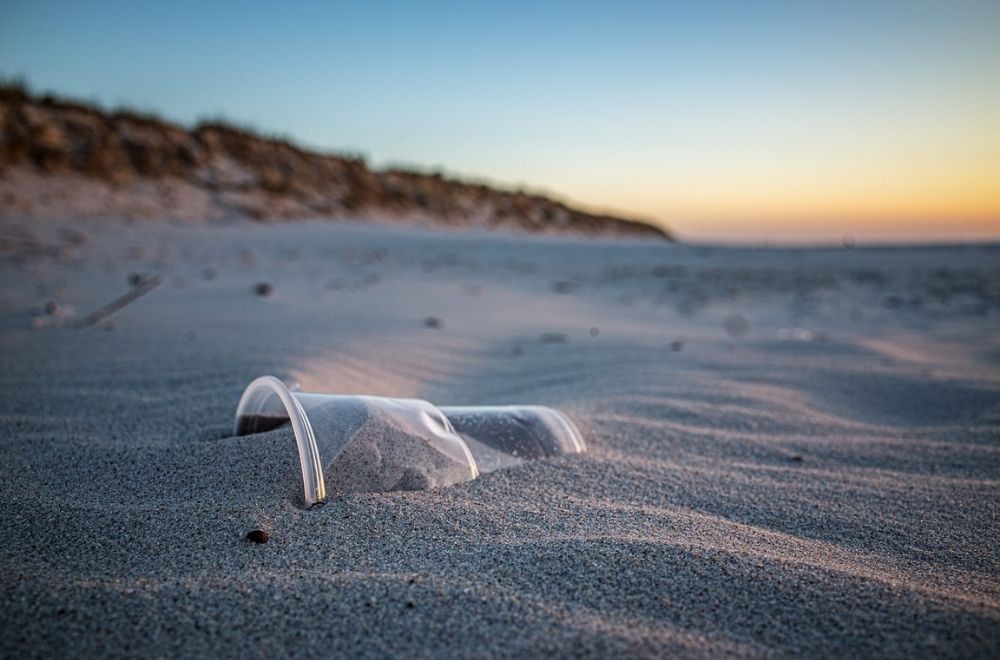
English version Rositsa Petkova
Photos:library, Pixabay, private library and BGNESThe 33rd Bulgarian polar expedition is heading to Antarctica to continue its scientific research in cooperation with scientists from different countries. For the first time, travelers from two Balkan countries - Greece and Montenegro, as well as from..
The program of the Orthodox Book Week offers meetings with authors, publishers and translators of Orthodox books from the last few years. The event is held until November 10 at the ''St. Procopius of Varna'' Church, with meetings taking place every..
The "Kabiyuk" horse breeding farm in the village of Konyovets is the oldest stud farm in Bulgaria, founded in 1864 by Midhat Pasha, the governor of the vilayet of Ruse, to produce horses for the Turkish army. The farm existed until the Russo-Turkish War..
Nuredin Nuredinaj comes from the historical-geographical region of Gòra in Northeastern Albania, where 90% of the inhabitants identify themselves as..

+359 2 9336 661
